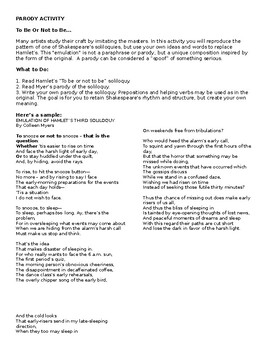

So he needs to find out whether Claudius really is guilty of murdering Hamlet Senior, and thus whether the Ghost can be trusted. Certainly, the poet and critic Samuel Taylor Coleridge thought Hamlet’s main fault was his indecision: he detected ‘an almost enormous intellectual activity and a proportionate aversion to real action consequent upon it’ – i.e., Hamlet is better at thinking about doing things than actually doing them.Īnd yet we might argue that Hamlet doesn’t exactly delay, or at least, he does not delay because he is indecisive, but for sound, practical reasons. Hamlet cannot be sure that the Ghost really is the spirit of his dead father, and not some fiend that’s been sent to cause mischief and goad him to murder. The words that tend to come up when people try to analyse the character or personality of Hamlet are indecisive, delaying, and uncertain, with ‘inaction’ being the key defining feature of what Hamlet actually does during the play. Indeed, the publicity for Laurence Olivier’s celebrated 1948 film of Hamlet made much of this description of Hamlet’s character. Hamlet is often characterised as ‘a man who cannot make up his mind’. With this regard their currents turn awry Is sicklied o’er with the pale cast of thought,Īnd enterprises of great pitch and moment Thus conscience does make cowards of us all, The undiscover’d country, from whose bournĪnd makes us rather bear those ills we have With a bare bodkin? Who would fardels bear,īut that the dread of something after death, The pangs of dispriz’d love, the law’s delay, Th’oppressor’s wrong, the proud man’s contumely, When we have shuffled off this mortal coil,įor who would bear the whips and scorns of time, To sleep, perchance to dream-ay, there’s the rub:įor in that sleep of death what dreams may come, That flesh is heir to: ’tis a consummation The heart-ache and the thousand natural shocks Or to take arms against a sea of troublesĪnd by opposing end them. The slings and arrows of outrageous fortune, Whether ’tis nobler in the mind to suffer To be, or not to be, that is the question: First, here’s a reminder of Hamlet’s words:


 0 kommentar(er)
0 kommentar(er)
